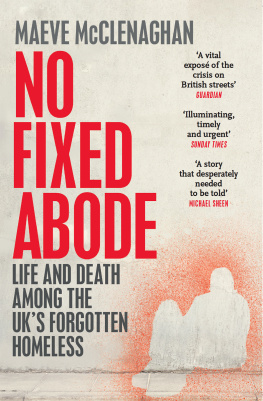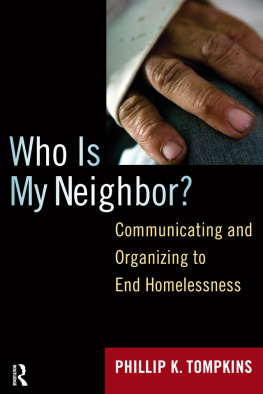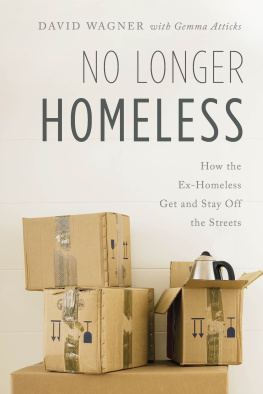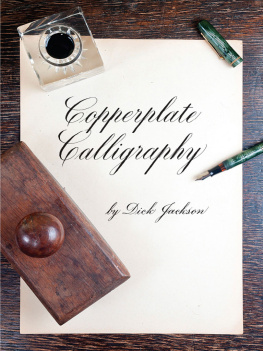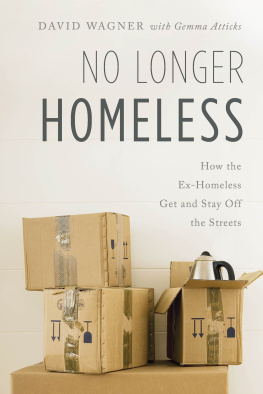Bystanders was first performed at Summerhall, Edinburgh on 31 July 2019 as part of the Edinburgh Festival Fringe.
CAST
Jake Goode
Libby Liburd
Mark Lockyer
Andre Skeete
Understudy: Richard Honeyghan
CREATIVE TEAM
Writer and Director Adrian Jackson
Dramaturg Sarah Woods
Set and Costume Designer Carla Goodman
Lighting and Video Designer Sarah Readman
Sound Designer Arun Ghosh
Movement Director Liz Ranken
Assistant Director River
Assistant Sound Designer Chris Murray
Production Manager Crin Claxton
Stage Manager Jasmin Hay
Producer Clare Robertson
Dialect Coach Tim Charrington
Research Alison Cain and Lilian Woods
Design Doug Kerr / Studio Doug
PR The Corner Shop PR Scotland
Photography The Other Richard
Communications Manager Tom Davies
Marketing Manager Vicky Ream
All information correct at time of going to print.
AGAINST DISAPPEARANCE
Adrian Jackson
I amyet what I am none cares or knows;
My friends forsake me like a memory lost:
I am the self-consumer of my woes
They rise and vanish in oblivious host,
Like shadows in loves frenzied stifled throes
And yet I am, and livelike vapours tossed
Into the nothingness of scorn and noise,
Into the living sea of waking dreams,
Where there is neither sense of life or joys,
But the vast shipwreck of my lifes esteems;
Even the dearest that I loved the best
Are strangenay, rather, stranger than the rest.
I long for scenes where man hath never trod
A place where woman never smiled or wept
There to abide with my Creator, God,
And sleep as I in childhood sweetly slept,
Untroubling and untroubled where I lie
The grass belowabove the vaulted sky.
Written by John Clare, in 1844,
in the Northampton General Lunatic Asylum
Suddenly again, our streets are full of rough sleepers. After years of decline in overall homeless numbers over the 28 year lifespan of Cardboard Citizens, we seem to be going backwards.
John Clare grew up in a time of great ferment, as the Industrial Revolution wrought huge changes on the lives of working class people and he suffered serious mental health issues in later life; though not technically homeless (the term rather loses its meaning when referred to a period two hundred odd years back), he was given to tramping long distances, and certainly knew something of the isolation that homeless people experience.
Perhaps we are living through an analogous moment of huge societal change, amongst the many results of which has been a significant rise both in homelessness and in people experiencing what we now call mental health issues.
The numbers have risen, almost exponentially over the past five years; a major factor in this in the UK has undoubtedly been the austerity policies of the various governments since 2010 and the violence and stress this has resulted in for people at the bottom of our society. Whatever the chief drivers for this rise in numbers and clearly lack of social housing provision is one the relationships between causes and effects are multiple and interlinked, often involving mental health issues or addiction or state-sanctioned exclusion. Rough sleepers are of course only the visible tip of the homeless iceberg, representing a comparatively small percentage of the homeless population, the majority being in hostels, or bed and breakfasts, or sofa-surfing or squatting. But it could be argued that this visible extremity, difficult as it is to look at, is an important reminder of a constituency which might otherwise disappear completely from the consciousness of those of us lucky enough to be securely housed.
There is a tension between visibility and invisibility at play here. In the daytime, this new army of homeless people is often very visible, in your face even. When beggars (not all of whom are homeless of course, just as only a tiny percentage of homeless people beg) approach members of the non-homeless public on the tube or in the street, they will often make their pain as visible as possible in the performance of their begging pitch, sometimes deliberately exposing raw wounds in the hope of shaming the punters into giving or perhaps simply paying the beggar to go away so they dont have to look at such things.
It is in the nature of things that when people become homeless, they start to disappear. Sometimes they have wanted to disappear, and that is why they have become homeless. Sometimes they have become homeless, and then disappeared off the radar of the remaining friends or family or support networks they have. Most likely, said support networks have in fact fallen away already.
People hide for a number of reasons, but when they are sleeping rough, they may hide at night simply to protect themselves, and get as good a nights sleep as they can (untroubling and untroubled where I lie), without being pestered by any authorities or by drunken lads on a night out, or even other more sinister assailants. There is a dreadful normality about homeless people being assaulted, and most such assaults dont make the newspapers.
And of course, the authorities governments and councils etc want these people to disappear, they want the problem to disappear. On the day I write, a newspaper has revealed the existence of a concrete policy, an extension of the hostile environment policy, whereby homeless agencies are being co-opted in a process of sweeping up and deporting non-EEA homeless citizens found rough sleeping.
The danger in the way our societies seem to be going is that these events are normalised, at the same time as the visible presence of homeless people on our streets is no longer found shocking. Augusto Boal believed in the need to re-cultivate our sense of amazement at things Brecht had a similar notion, partly incarnated in his vehrfremdungseffekt technique; the word is usually translated as alienation effect, but I understand that a more literal version would be making strange. Things are strange, but we get used to them. Maybe one of the functions of art is to make us look afresh at things sometimes to notice beauty we have ignored, but sometimes to recognise ugliness we have come to take as part of the landscape. If you see something that doesnt look right, talk to staff see it, say it, sorted, says the London Transport announcement, usually in the most reassuring cockney tones. Many things dont look right, and I fear reporting them to staff will not result in them being sorted.
The Bureau of Investigative Journalism published an important report in 2018, highlighting the under-reporting of homeless deaths, and the sheer numbers involved. We wanted to make a piece which looked at that, and more broadly, at the violence done to homeless people, by individuals, by society, by the state, sometimes by themselves. And where are we, hypocrites lecteurs, who are bystanders to so much? Do we bear some responsibility?



